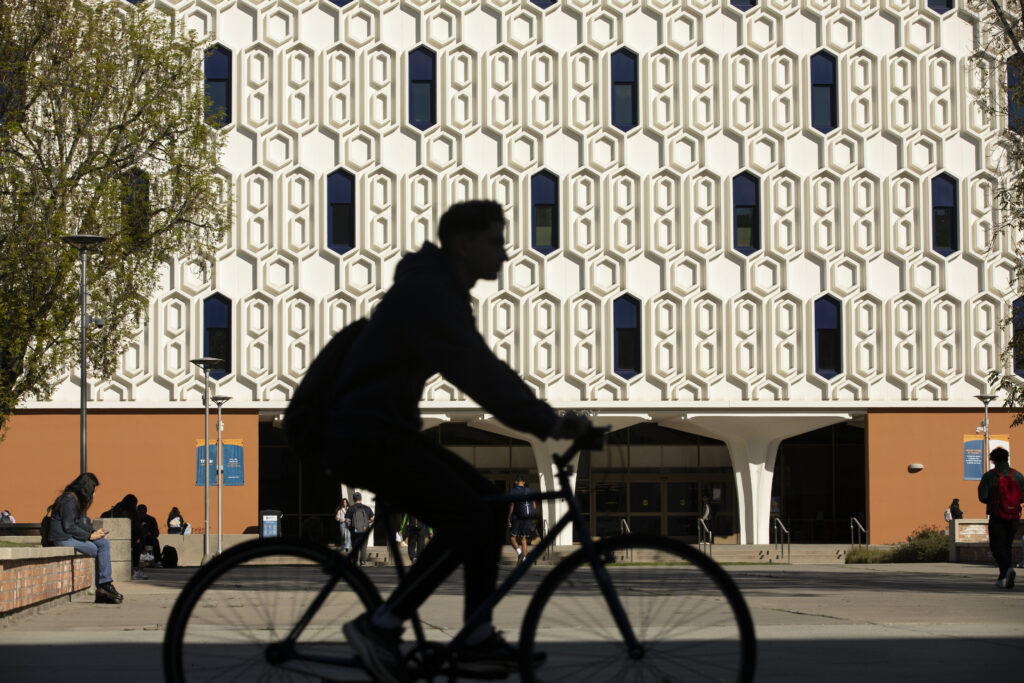The New York Times published a long article about the rise and power of Stephen Miller. Miller is one of Trump’s closest aides. His title is Deputy Chief of Staff but he seems to be in charge of immigration policy and many more areas. His goal is to deport every immigrant out of the U.S.
This is a gift article, so you should be able to open it and read it.
Here are a few choice selections.
About the turmoil in Los Angeles, where Trump nationalized the state Guard and sent in hundreds of Marines, which generated protests:
The crisis, from the immigration raids that sparked the protests to the militarized response that tried to put the protests down, was almost entirely of Mr. Miller’s making. And it served as a testament to the remarkable position he now occupies in Mr. Trump’s Washington. Kristi Noem, the homeland security secretary, who reportedly accompanied Mr. Miller on his visit to ICE headquarters, seems to defer to him. “It’s really Stephen running D.H.S.,” a Trump adviser said. The attorney general, Pam Bondi, is so focused on preparing for and appearing on Fox News that she has essentially ceded control of the Department of Justice to Mr. Miller, making him, according to the conservative legal scholar Edward Whelan, “the de facto attorney general.” And in a White House where the chief of staff, Susie Wiles, is not well versed or terribly interested in policy — “She’s producing a reality TV show every day,” another Trump adviser said, “and it’s pretty amazing, right?” — Mr. Miller is typically the final word.
There is much truth to the conventional wisdom that the biggest difference between the first and second Trump presidencies is that, in the second iteration, Mr. Trump is unrestrained. The same is true of Mr. Miller. He has emerged as Mr. Trump’s most powerful, and empowered, adviser. With the passage of the big policy bill, ICE will have an even bigger budget to execute Mr. Miller’s vision and, in effect, serve as his own private army. Moreover, his influence extends beyond immigration to the battles the Trump administration is fighting on higher education, transgender rights, discrimination law and foreign policy….
Mr. Miller is more obdurate when it comes to domestic policy, particularly immigration. For Mr. Trump’s second term, he has led the president to stake out a series of maximalist positions, from the ICE raids to the use of the Alien Enemies Act to raising the possibility of suspending habeas corpus for people suspected of being undocumented immigrants. Mr. Trump seems to enjoy having Mr. Miller play the heavy on immigration. During his first term, he jokingly told people who urged him to take more moderate stances on immigration that Mr. Miller would never go for them. Last year, he reportedly quipped during a campaign meeting that if it was up to Mr. Miller, the population of the United States would be only 100 million people and they’d all resemble Mr. Miller. The humor, however, underscores something serious: On immigration, Millerism is a more consistent ideology than Trumpism.
While Mr. Miller is an ardent restrictionist, seeking to reduce all immigration to the United States, Mr. Trump has at times backed H-1B visas for skilled foreign workers; created a wait-list for a proposed special visa, called a Trump Gold Card, that wealthy immigrants could buy for $5 million apiece; and expressed regret about the impact ICE raids were having on the agriculture and hospitality industries. Indeed, the backlash to the ICE raids was so great that in early June, Mr. Trump reversed himself and declared the agriculture and hospitality sectors off-limits to that sort of strict immigration enforcement — before, after intense lobbying from Mr. Miller, he reversed himself again. Still, the hiccup was enough to hint at a broader potential rupture, especially if Mr. Miller’s immigration policies continue to prove unpopular. A recent Quinnipiac poll found that 57 percent of Americans disapprove of Mr. Trump’s handling of immigration, once his greatest political strength.


